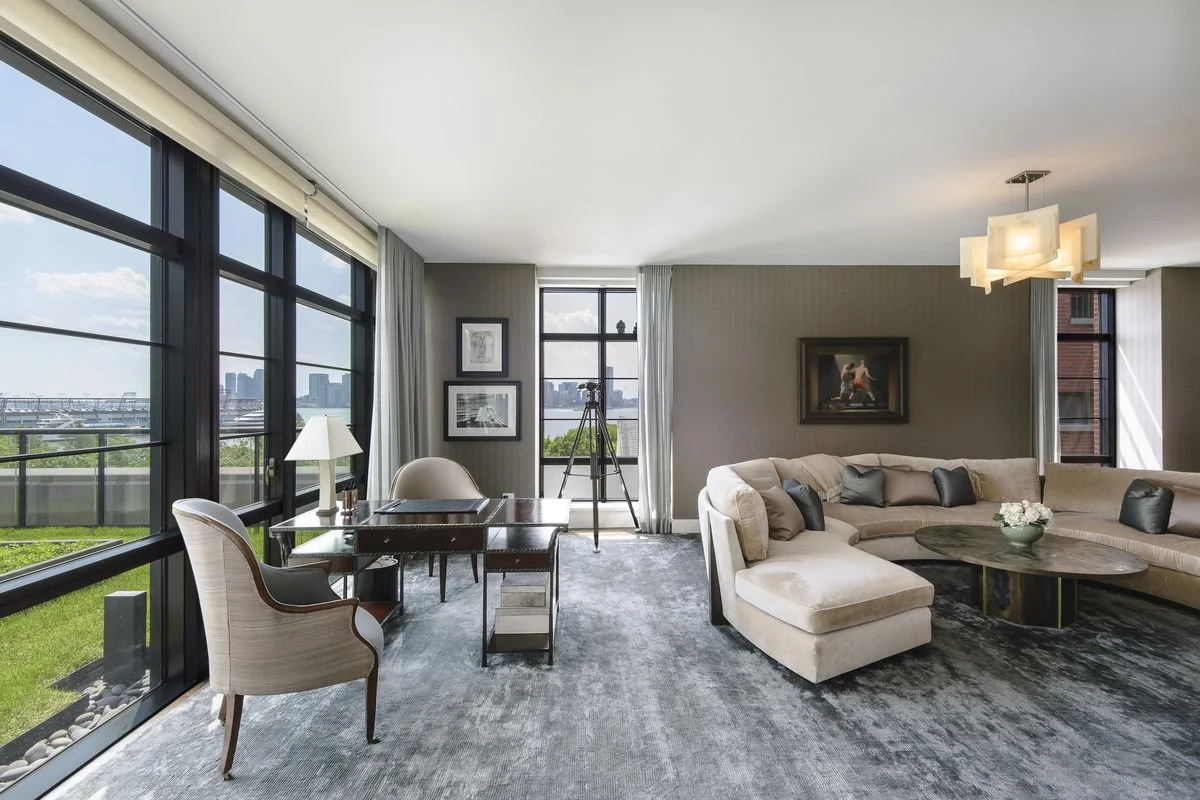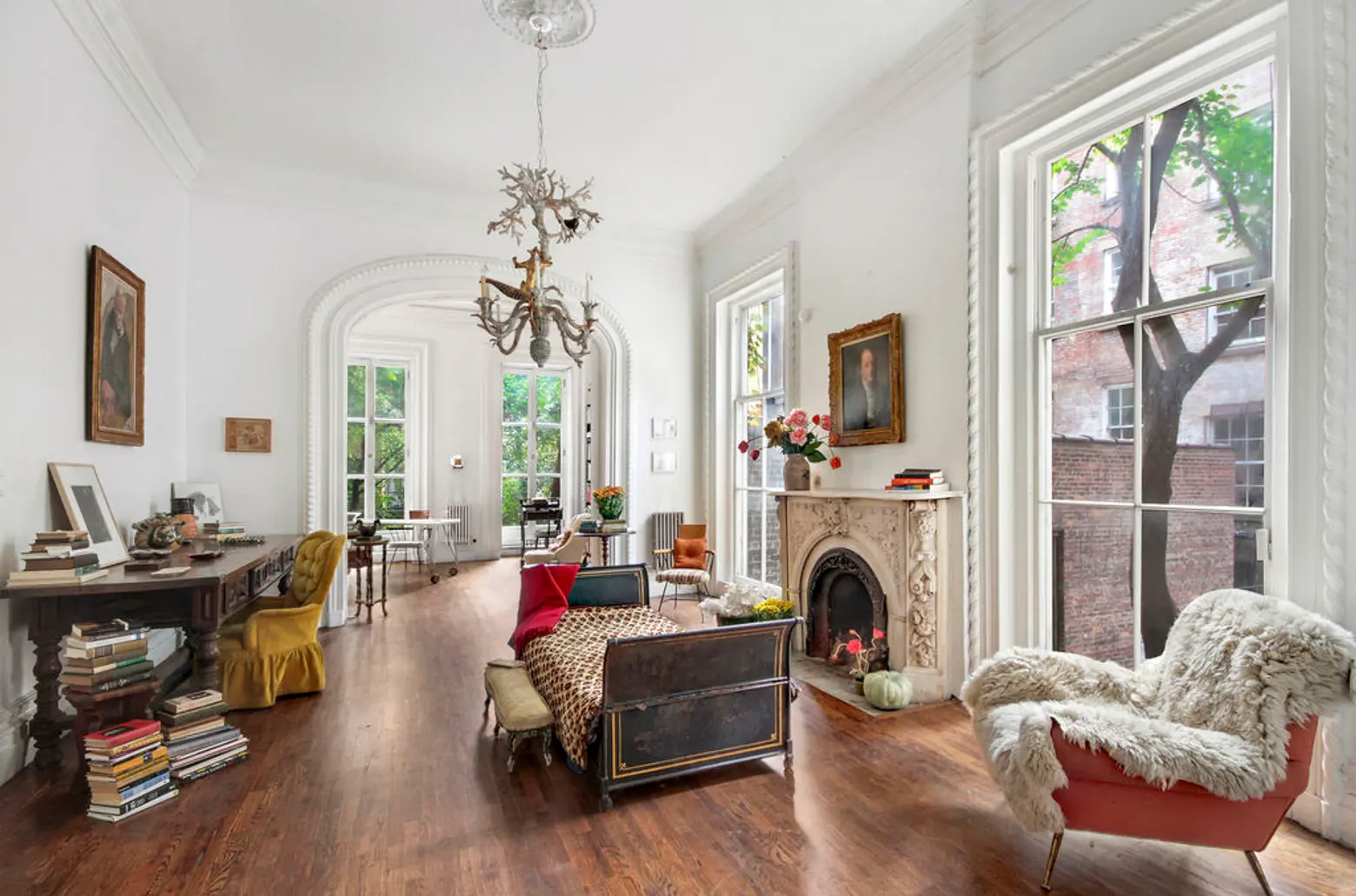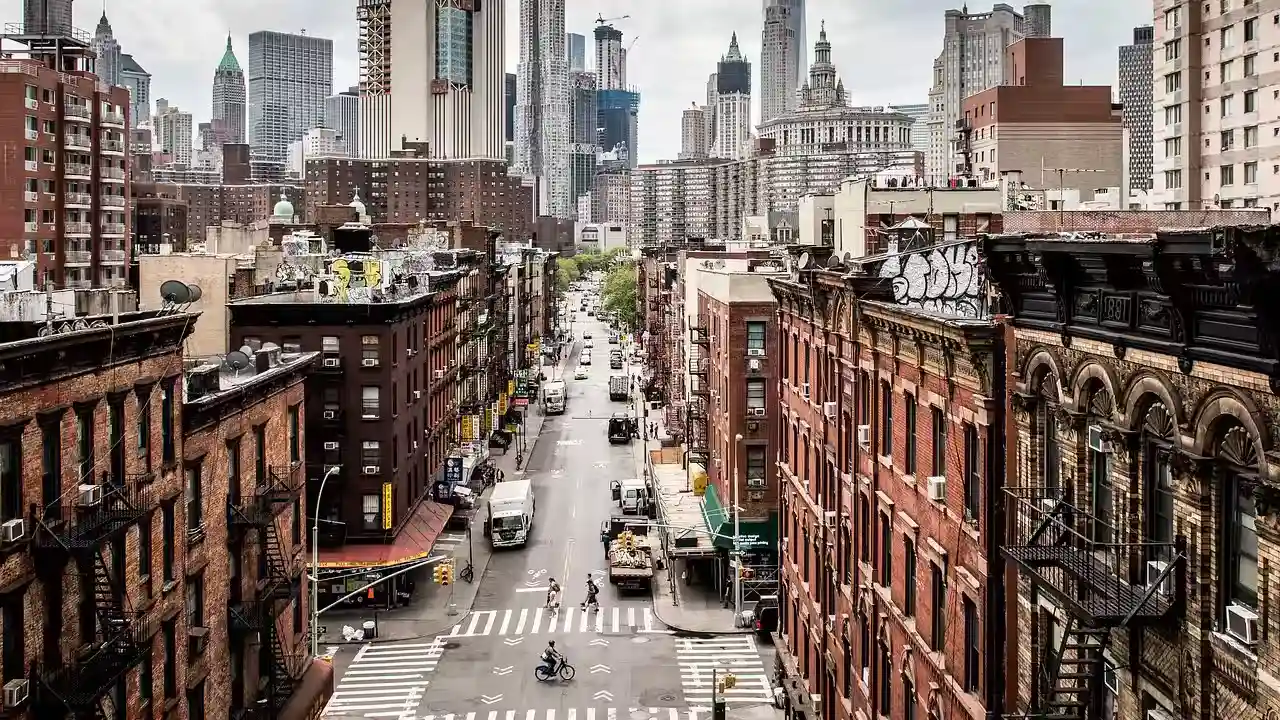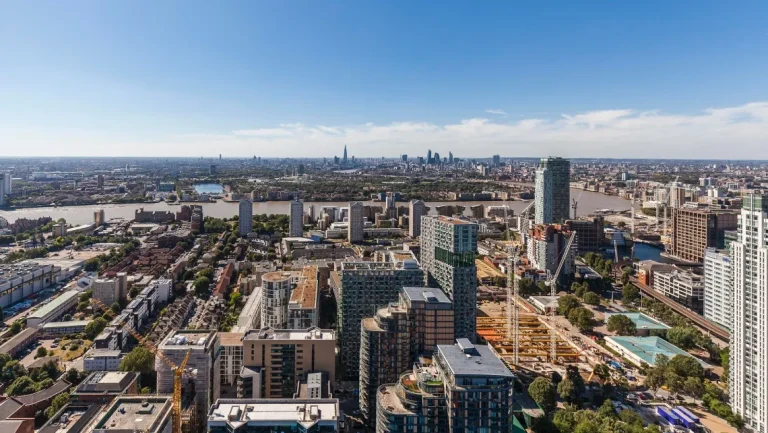Off‑Market Luxury Properties Manhattan NY: How to Access Exclusive Deals & Invest Smart
What “Off‑Market Luxury Manhattan Properties” Really Means
Defining Off‑Market in Manhattan
Off‑market (or pocket listings) refers to properties sold without broad public marketing. In Manhattan’s context, this means luxury condos, co‑ops, penthouses, townhouses, or full-floor units that are never listed on StreetEasy, Zillow, or the public Multiple Listing Service (MLS). Instead, deals are quietly shared through broker networks, sometimes only after a buyer is pre‑vetted.
Often the seller desires confidentiality, minimal disruption, or a highly targeted buyer pool. So rather than staging open houses and widespread advertising, such assets are circulated among a small circle of high net worth clients, institutional buyers, or through broker-to-broker relationships.
Why Off‑Market Deals Are Common in NYC Luxury
Manhattan’s top properties frequently prefer discretion. A well‑known celebrity, a financier, or an individual who wants to preserve privacy may choose off‑market. Also, for ultra-high-end assets, public exposure can invite scrutiny, unwanted traffic, or expectations that push demands upward.
Statistics suggest off‑market deals are not rare in NYC’s luxury realm. In recent years, the proportion of pocket listings in the city has increased by some estimates as much as 67% since 2019. Many top-dollar homes in Manhattan’s upper echelons change hands quietly before ever hitting public platforms.
Given that Manhattan’s luxury market occasionally suffers slow movement in large‑ticket listings for example at times where few signed contracts exceed $10 million off‑market avenues offer a strategic advantage to buyers willing to invest in relationships and due diligence.
Benefits of Accessing Off‑Market Luxury Deals in Manhattan
Minimizing Competition & Enhancing Leverage
One of the primary benefits is far less competition. When a property is public, it draws multiple bidders which can drive price escalation. Off‑market deals often allow a single buyer or a small set of buyers to negotiate directly, potentially below what would emerge in a bidding war.
Additionally, early insight gives you leverage: you’re negotiating before market hype, before aggressive markups, and before multiple offers form.
Preserving Privacy, Reducing Risk
High net worth individuals often value discretion. Buying an off‑market luxury property ensures privacy, helps avoid media attention, and reduces foot traffic or neighborhood buzz.
Moreover, the seller’s motivation is often more personal than promotional; you may negotiate with a selective, serious seller who prefers a clean, swift transaction. That can reduce uncertainty, hidden contingencies, or messy renegotiations once the property is popular.
Access to Unique, Rare Properties
The crème de la crème of Manhattan trophy penthouses, full-floor units with panoramic views, or historic townhouses may only move off-market. They may never hit public platforms, because their owners and brokers work in closed networks. For buyers seeking these kinds of irreplaceable assets, off-market is often the only path.
Cost & Timing Advantages
Because you’re tapping into discreet channels, you can sometimes find price inefficiencies a seller who overestimated market noise might accept a serious offer. You can close more quickly, with fewer rounds of open houses, staging, or broad marketing expenses passed to you.
Real-World Examples of Off‑Market Luxury Transactions
Below are several real-world cases where Manhattan luxury properties transacted via off‑market or “quiet listing” channels. Each demonstrates the types of deals and how they came to market stealthily.
Duplex at 150 Charles Street, West Village

In March 2025, a duplex at 150 Charles Street sold for $60 million reportedly as an off-market transaction. This 5,840‑square‑foot apartment featured sweeping views of the Hudson River, expansive terraces, and sophisticated amenities.
Because this went off-market, the buyer avoided a public auction process and likely captured a more favorable deal structure. It highlights how trophy properties in Manhattan can quietly change hands among elite circles.
Quiet Contract for Townhouse in West Village

A recent high-end property in the West Village, a Greek revival townhouse over 6,000 sq ft, was reported to have gone contract for $23 million, quietly, without public listing. That deal underscores how even four-story townhouses can shift off-market, especially in desirable neighborhoods with scarcity and architectural prestige.
Upper East Side Duplex Condo

Also in recent weeks, a duplex condo on the Upper East Side, last asking price of $23.9 million, was said to be sold quietly. The property featured grand rooms, high ceilings, and sweeping proportions. Because it transacted quietly, buyer networks and trusted brokers likely played decisive roles in matching parties.
Mansions & Townhouses via Boutique Brokers

Bespoke Real Estate’s Manhattan Collection often includes $10M+ townhouses and mansions that may never enter wide public listing platforms. These high-end offerings frequently circulate privately, especially among brokers catering to ultra-affluent clientele.
Off-Market Listings

Maintains a section of “Off Market Listings,” promoting exclusive apartments that are never fully exposed to the public. These include luxury coops, penthouses, and full-floor units, typically shared via internal networks or to pre-approved buyers.
How to Gain Access: Strategies & Tactics
Cultivate Relationships with Elite Brokers
Because off-market deals rely heavily on trust and confidentiality, the right broker is essential. Prioritize brokers or firms that specialize in Manhattan luxury and have reputations for pocket listings.
A broker deeply embedded in neighborhoods like Tribeca, Upper East Side, Upper West Side, SoHo, or Billionaires’ Row can alert you to deals before they’re exposed. Some even proactively approach owners behind the scenes.
Be prepared to demonstrate your seriousness: proof of funds, credible references, an investment thesis, or a track record can help you become part of their inner circle.
Use Private Platforms & Networks
There are specialized platforms and private networks that focus on off-market luxury listings. Examples include discreet broker networks, invitation-only listings, luxury property syndicates, or platforms specific to markets like Manhattan.
Local platforms like LavaZoo (which has NYC off-market listings) are also examples of channels where exclusive listings may be shared.
Additionally, wealth managers, family offices, attorneys, art advisors, and private banking networks often have direct insight into off-market opportunities. By aligning yourself with those networks, you gain access to leads not visible to the average buyer.
Proactive Owner Outreach
In Manhattan, some agents solicit off-market deals by directly contacting property owners in desirable buildings or blocks (especially older buildings known for their co-ops or trophy units). Even when owners are not currently selling, they may entertain a discreet discussion if the price is compelling.
This often means underwriting multiple “look-up blocks” and sending tailored, discreet proposals to owners indicating your interest in their specific unit or building.
Engage Concierge & Reputation Channels
High-end concierge networks, yacht clubs, art institutions, and exclusive social clubs sometimes act as conduits for off-market real estate. A recommendation or referral within these circles can open introductions to sellers or insiders.
Reputation matters: being known for integrity, discretion, and serious capital backs enhances the chances you’ll be invited in.
Due Diligence, Valuation & Negotiation in Off‑Market Deals
Conduct Deep Historical & Market Analysis
Because off-market properties lack broad exposure, you may have limited comparables. Therefore:
-
Research past sales in the building or nearby blocks
-
Study architectural uniqueness, view corridors, floor thickness, light, noise, and amenity access
-
Gather internal building financials, reserve fund levels, maintenance history
-
Ask for past rent rolls or occupancy data if the unit was rented
Your analytical edge will help you determine fair value and avoid overpaying due to exclusivity premium.
Use Technology & Analytics Tools
Even for off-market, tools like mapping software (to analyze light, street exposure, view lines), satellite imagery, zoning databases, and building permit histories provide hidden value. These tools help you assess potential upsides, renovation constraints, structural risks, or development opportunities.
Additionally, proprietary valuation models or algorithms (used by elite brokerages) can estimate what a unit should fetch if publicly exposed enabling intelligently anchored offers.
Structure Deals with Protective Terms
Because these transactions often lack competing bids, plan for protective contract terms:
-
Include inspection contingencies (structural, mechanical, pest)
-
Include escape clauses if major issues emerge
-
Request seller disclosures (building violations, pending litigation, capital assessments)
-
Limit earnest money and escrow terms to protect downside
Also consider staging an escrow or phased closing if renovations or permits are needed.
Negotiation Psychology
You’re dealing with sellers who value discretion often more than price. Use that to your negotiation advantage. Emphasize privacy, speed, minimal intrusion, and cleanliness of the transaction. Be ready to compel confidence: offer proof of funds, background references, or escrow assurances.
Avoid overly aggressive positioning; instead, offer an earnest, polished, well-supported offer and respect the seller’s constraints.
Illustrative Case: How Technology & Analytics Enhance Off‑Market Investment
Let’s consider a hypothetical scenario where you pursue a full-floor luxury unit off-market in a Midtown skyscraper. Here’s how technology amplifies your benefits:
-
Use satellite view and 3D mapping to simulate lines of sight, shadowing, and sun exposure over seasons
-
Run building comparables using big-data platforms to triangulate discounted, publicly listed analogs
-
Leverage building permit databases to discover potential expansion rights or unresolved violations
-
Implement scenario modeling (e.g. if listed publicly, what price might it command) to guide your offer range
These layers of information reduce guesswork, make your offer stronger, and help you negotiate with confidence rather than blind optimism.
Step‑by‑Step: How to Buy an Off‑Market Luxury Property in Manhattan
Step 1: Define Your Investment & Use Criteria
Decide early:
-
Desired neighborhood(s) (e.g. Upper East Side, Tribeca, SoHo, West Village)
-
Size, layout, exposure, view, amenity premium you seek
-
Whether the property is for personal residence, rental potential, or long-term capital gain
-
Budget range, financing structure, and liquidity flexibility
These parameters help your broker filter off-market leads that truly match your goals.
Step 2: Engage Highly Specialized Brokers
Choose boutique Manhattan brokerage teams that specialize in ultra‑luxury and off-market deals. Commit to multiple brokers in complementary territories (e.g. Upper East Side, Downtown, Billionaires’ Row) to widen your reach.
Make it clear you are a serious buyer: present a credentials package (proof of funds, references) so brokers feel confident including you in exclusive listings.
Step 3: Establish a Private Sourcing Pipeline
Request your brokers to:
-
Monitor whisper listings (unadvertised deals)
-
Tap into broker networking groups that trade pocket listings confidentially
-
Procure lists of properties that were quietly withdrawn from the public market
-
Send discreet outreach letters to target owners
As leads emerge, your team should pre-screen and triage potential fits.
Step 4: Perform Off‑Market Due Diligence
Once you locate a potential property:
-
Secure full building history and financials
-
Order internal inspections (structural, mechanical, code compliance)
-
Analyze comparable sales (public or private) as benchmarks
-
Confirm seller motivations, timing, tax, and legal context
This diligence mitigates the risk that comes with less transparency.
Step 5: Make a Clean, Competitive Offer
Submit an offer that matches your due diligence framework. Include terms that respect seller privacy and desire for smooth execution. Present comprehensive financial backing to signal seriousness.
Be prepared to negotiate one or two rounds, but avoid drawn-out public counter-bidding.
Step 6: Close, Renovate & Optimize
Once contracted:
-
Finalize building compliance and permitting
-
Execute any renovations or upgrades discretely
-
If renting, prepare for premium marketing channels
-
Handle all administrative, tax, and property management structures
Because the property was acquired privately, your launch should also be discreet yet high-caliber.
Use Cases & Problems Solved
Problem: Too Much Competition & Escalating Pricing
In Manhattan’s luxury public listings, multiple buyers bid against each other, driving prices higher. Off-market access circumvents that by offering exclusivity and less market friction.
Problem: Lack of Access to Unique Properties
Some trophy assets never reach public listings. If you rely solely on public platforms, you’ll miss opportunities. Off-market gives access to the rarest inventory.
Problem: Desire for Privacy & Discretion
High-level buyers often prefer privacy. Off-market deals shield you from media, public viewings, and neighborhood disruption.
Problem: Time & Cost Inefficiencies
Public listings require staging, extensive marketing, delays, and open houses all adding cost and time. Off-market enables faster, leaner deals.
Why People Need This Channel
-
Ultra-high net worth individuals who value confidentiality, taste, and placement
-
Investors seeking pricing inefficiencies or arbitrage
-
Those buying for legacy or prestige rather than pure return
-
Buyers who demand a tailored, highly curated acquisition experience
How & Where to “Buy” Off‑Market Luxury Properties in Manhattan
How to Acquire
-
Partner with elite brokers specializing in Manhattan luxury and pocket listings
-
Join private networks that circulate off-market deals (broker groups, family offices, real estate clubs)
-
Use private platforms that list whisper or exclusive listings
-
Perform outreach to potential sellers in buildings you favor
-
Set up alerts with broker teams to notify you as soon as a whisper listing surfaces
Where to Focus
-
Upper East Side / Fifth Avenue corridor – Classic co-ops and luxury condo buildings
-
Upper West Side / Central Park West – Prestigious address, scenic views
-
SoHo / Tribeca / Greenwich Village – Loft conversions, architectural gems
-
Billionaires’ Row / Midtown – Ultra-luxe penthouses with skyline panoramas
Frequently Asked Questions
1. Is buying off‑market riskier than buying public listings?
Not inherently, but the lack of broad exposure means you must perform rigorous due diligence. Because fewer comparables and less transparency accompany off-market deals, your analysis, inspections, and broker recommendations must be exceptionally thorough to avoid overpaying or unexpected structural issues.
2. How can a buyer attract off-market opportunities when starting?
Begin by cultivating relationships with brokers deeply embedded in Manhattan’s luxury fabric. Be transparent about your readiness (proof of funds, serious timeline). Engage in elite networks (family offices, private bankers, real estate clubs). Over time, brokers will see you as a trusted counterparty and include you in their pocket-listing circle.
3. What types of properties are most likely to transact off-market?
Trophy assets: full-floor penthouses, iconic townhouses, large co-op units in landmark buildings, complete floor-through units in ultra-luxury condos. Generally, properties with high prestige, architectural uniqueness, or ultra-high price tags tend to prefer off-market for discretion and control.






